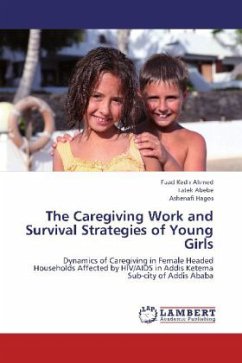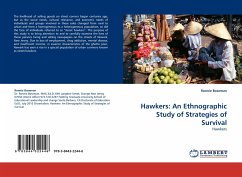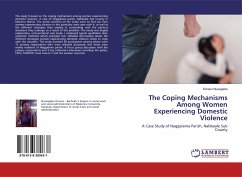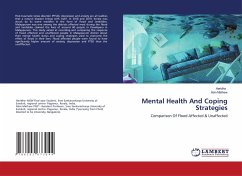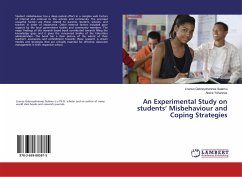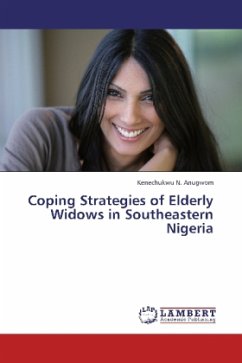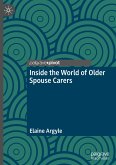The term young caregiver refers to children and young persons under 18 who provide or intend to provide care, assistance or support to another family member(Becker,2000). Similar to studies about orphaned children, the literature on young carers has a tendency to represent them as passive victims undermining the active participation of children in building resilience. The present study seeks to counterbalance this narrow focus by describing how young girls who provide care to their family cope with difficult circumstances caused by HIV/AIDS in Addis Ketema sub city, Addis Ababa. A thematic analysis of qualitative data reveals that young girls are providing care beyond the usual expectations of children s normal contributions to the reproduction of households via domestic chores and suchlike. The analysis also reveals some of the psychosocial coping strategies that the young girls draw upon. These includes their ability to mobilise social support, engage in income-generating activities and build positive identities based around a social recognition of their responsibilities. The study opens up new levels of analysis and implication for policy, research, and intervention.
Bitte wählen Sie Ihr Anliegen aus.
Rechnungen
Retourenschein anfordern
Bestellstatus
Storno

